Author: Bob Weeks
-

Comprehensive Fact-Check: Trump Pre-Departure Press Gaggle – January 19, 2025
The press gaggle demonstrates a pattern where Trump’s most verifiable claims (stock market records, inauguration timing) prove accurate, while his most sweeping assertions (historical investment levels, inflation characterizations, war-ending claims, NATO spending achievements) range from misleading to disputed to factually incorrect. The economic claims in particular show a tendency to overstate achievements while the India-Pakistan…
-

Trump Pre-Davos Press Gaggle: Greenland Claims, Economic Boasts, and Board of Peace Updates – January 19, 2025
President Trump held a wide-ranging press conference before departing for Davos, celebrating his first year with sweeping economic claims while doubling down on Greenland acquisition efforts. He confirmed inviting Putin to his Board of Peace initiative and threatened massive tariffs on France.
-

Kansas State of the State 2026: Where Kelly and Republicans Agree and Disagree on Taxes, Schools, and Spending
Governor Laura Kelly and House Speaker Dan Hawkins both celebrated Kansas achievements in 2026, from landing the Chiefs to cutting taxes. But their speeches reveal competing narratives about who deserves credit and fundamental disagreements over government spending and program expansion.
-
DOJ Opposes Khanna-Massie Motion in Ghislaine Maxwell Case Over Epstein Files Transparency Act
The Justice Department filed a forceful opposition to Representatives Ro Khanna and Thomas Massie’s attempt to appear as amici curiae in the closed Ghislaine Maxwell criminal case, arguing the lawmakers lack standing to enforce the Epstein Files Transparency Act through judicial oversight and are misusing the amicus curiae mechanism for improper adversarial purposes.
-
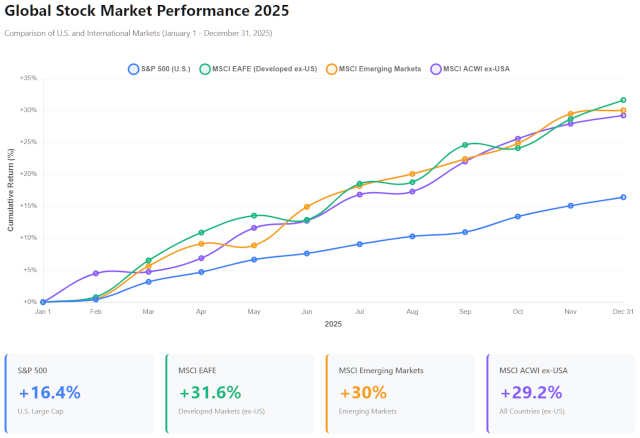
Market Performance in 2025: U.S and World
U.S. stock markets had outperformed the world, until 2025.
-
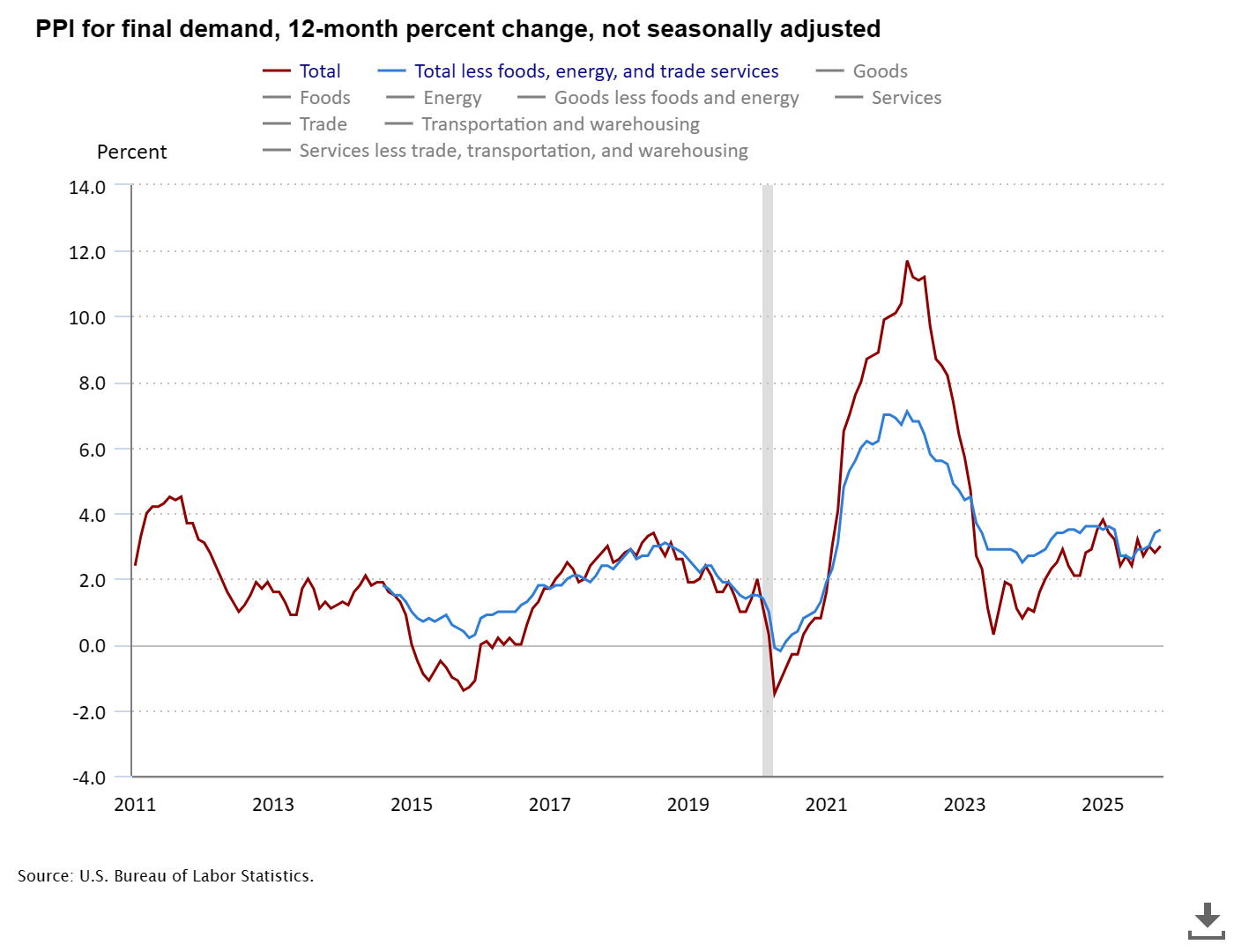
Producer Price Indexes — November 2025
The Producer Price Index for final demand increased 0.2 percent in November 2025, driven primarily by a 0.9 percent rise in final demand goods (especially a 10.5 percent jump in gasoline prices), while final demand services remained unchanged.
-
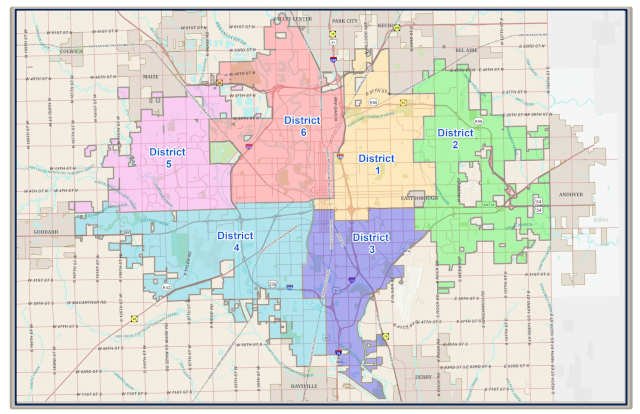
Wichita City Council Selects New City Manager After 16-Year Era: November 25, 2025 Meeting Analysis
In a historic November 25, 2025 session, Wichita City Council voted 5-2 to negotiate with Dennis Marstall as next City Manager, ending Robert Layton’s 16-year tenure. Council Member Johnson raised process concerns while supporting future search. Meeting also featured housing safety advocacy and cemetery preservation updates.
-
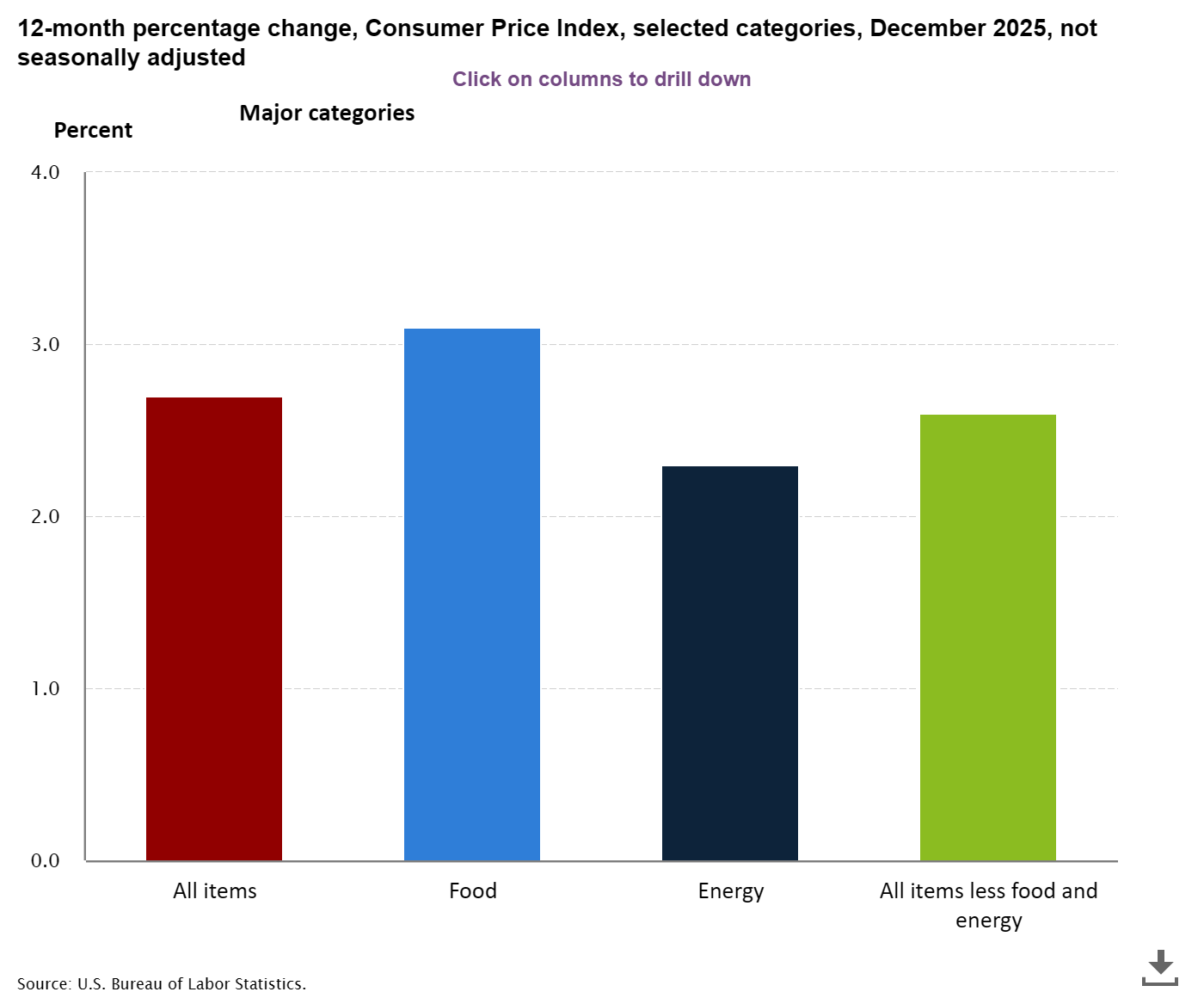
December 2025 CPI Report Explained: Inflation Holds at 2.7% as Housing and Food Costs Rise
The December 2025 Consumer Price Index reveals inflation holding steady at 2.7% year-over-year, with monthly prices rising 0.3%. Housing remains the primary driver at 3.2% annual growth, while food prices climbed 3.1%. Core inflation stayed at 2.6%, suggesting underlying price pressures remain elevated above the Federal Reserve’s target.
-

New City Manager, Settlement Drama, and Student Advocates: Wichita City Council’s First Meeting of 2026
Wichita City Council’s first 2026 meeting featured dramatic settlement negotiations, powerful homelessness testimony, impressive student healthcare advocacy, and the introduction of new City Manager Dennis Marstall. The council successfully negotiated to recover the full $219,000 owed by Genesis Health Club.
-
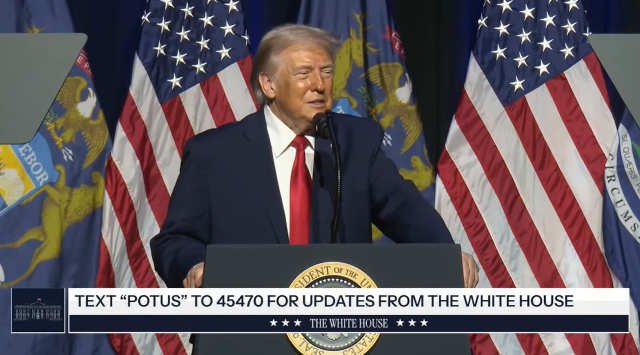
Fact-Checking Trump’s Detroit Economic Club Speech
This analysis examines major claims made by President Donald Trump during his address to the Detroit Economic Club on January 13, 2026, using government data, academic sources, and investigative journalism. The pattern shows consistent exaggeration of positive economic claims and dramatic framing of immigration/fraud issues beyond what evidence supports.
-

Trump Returns to Detroit Economic Club: Defends Economic Record, Attacks Welfare Fraud, and Promises Major Healthcare Changes
President Trump addressed the Detroit Economic Club on January 13, 2026, claiming historic economic achievements including $18 trillion in new investment and record-low inflation. The speech featured major announcements on welfare fraud enforcement targeting Somali communities, upcoming healthcare reforms with drug price reductions up to 600%, and housing affordability policies to be detailed at Davos,…
-

Wichita City Council Meeting: December 2, 2025
The Wichita City Council convened on Tuesday, December 2, 2025, for a comprehensive session addressing critical issues including the approval of a new City Manager, significant water and sewer rate adjustments, union contract negotiations, and affordable housing initiatives. The meeting featured passionate public testimony on food deserts and homelessness, the approval of Dennis Marstall as…